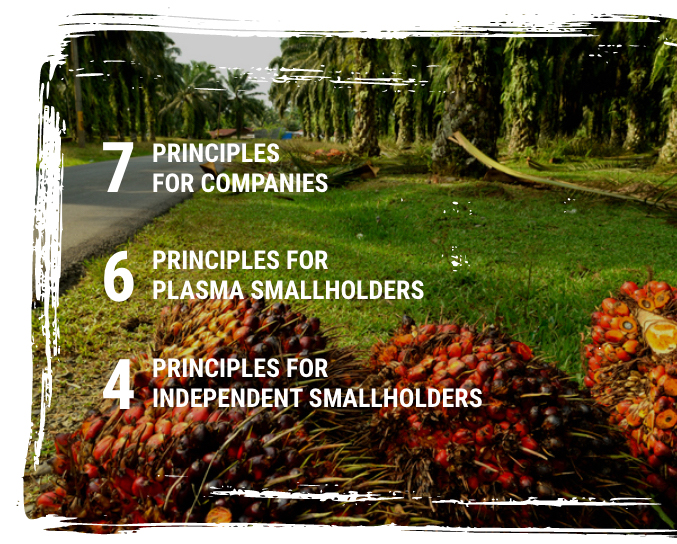
ISPO (Indonesia Sustainable Palm Oil) is Indonesia’s national sustainability certification scheme for palm oil. ISPO has been developed over the past 10 years to support Indonesia’s sustainable economic, social and environmental objectives.

ISPO BY THE NUMBERS
Area
ISPO is the largest palm oil certification scheme in the world.

It covers 5.45 million ha, an area larger than the Netherlands.

ISPO certified area covers more than one third of Indonesia’s total palm oil plantations — an area 10 times the size of Bali.
ISPO certified area is more than four times larger than the world’s largest soybean certification system.
Growers
ISPO covers nearly 800 plantation organisations, This includes smallholders, cooperatives and companies.
This is more grower organisations than any other palm oil certification scheme.
ISPO certified palm oil goes from Indonesia’s growers to some of the world’s largest companies in international markets.
Production
ISPO certified farms now produce nearly 38 million tonnes of palm oil annually.
Indonesia is now producing more sustainable palm oil than it exports. This means Indonesian palm oil is a sustainable export industry.

Production from ISPO certified areas represents nearly 40 per cent of global palm oil production.
PRINCIPLES & CRITERIA

ISPO is backed by:

Principles

Criteria

Indicators
ISPO Objectives
ISPO has the personal support of Indonesia’s President Jokowi. In 2020 President Jokowi outlined three key objectives for ISPO.



| Legality | Good Agricultural Practices | Environmental Management, Natural Resources and Biodiversity | Labour Rights and Responsibilities | Social Responsibility and Community Economic Empowerment | Transparency | Continuous Business Improvement |
|---|---|---|---|---|---|---|
| Legality of land tenure | Plantation planning | Compliance with all environmental laws and regulations | Occupational health and safety | Social responsibility | FFB sourcing information | System for monitoring and updating validity of documentation and licensing |
| Legality of all operations | Plantation management and application | Waste management | Employment administration | Empowerment of local and indigenous groups | Data transparency | Measurable social responsibility and community economic empowerment programs |
| Prevention of point source emissions | Worker welfare improvement | Support for local businesses | Fair and transparent pricing | |||
| Waste utilisation | Prohibitions on child labour and discrimination | Open processes for non-confidential information and complaints | ||||
| Management of hazardous materials | Facilitation of union formation | Commitment to anti corruption | ||||
| Fire management and prevention | Facilitation of cooperative formation | Supply chain traceability | ||||
| Protected areas and HCV areas | ||||||
| GHG mitigation | ||||||
| Forest and peatland protection |
Achieving UN Sustainable Development Goals
ISPO provides the framework for meeting and surpassing the UN Sustainable Development Goals. The UN SDGs are the core objectives designed and agreed by the global community, targeted at perhaps humanity’s most-important moral quest: the ending of poverty and associated suffering in our time.
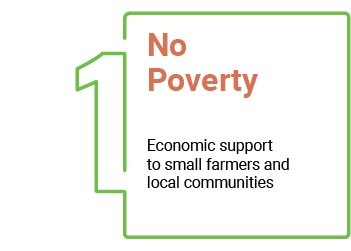
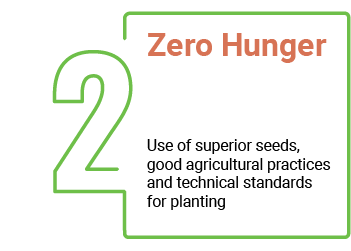

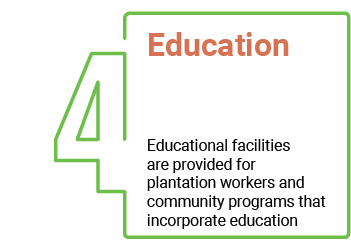
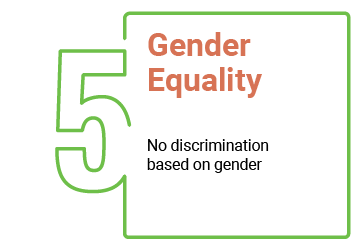
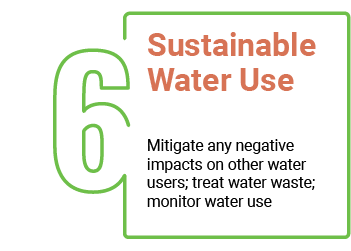
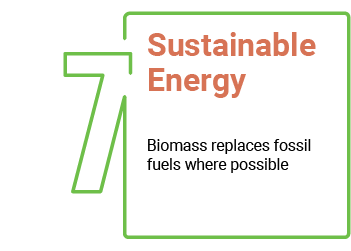
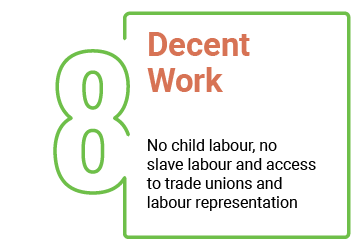
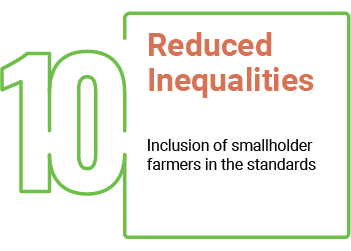
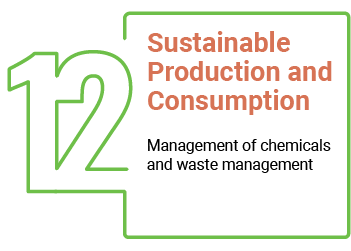
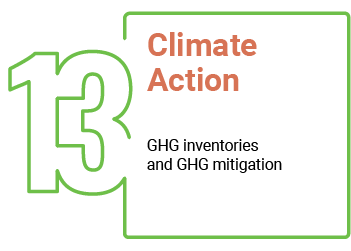
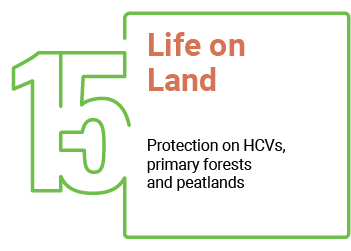
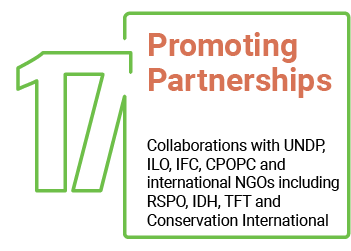
INTERNATIONAL COOPERATION
ISPO and its related programs have cooperated with numerous international organizations, including:

ISPO vs Other Certification Schemes
ISPO is on par with other major certification schemes currently being used for palm oil. The scope of the scheme covers the same areas as other schemes, including forest and peatland protection and high conservation value.
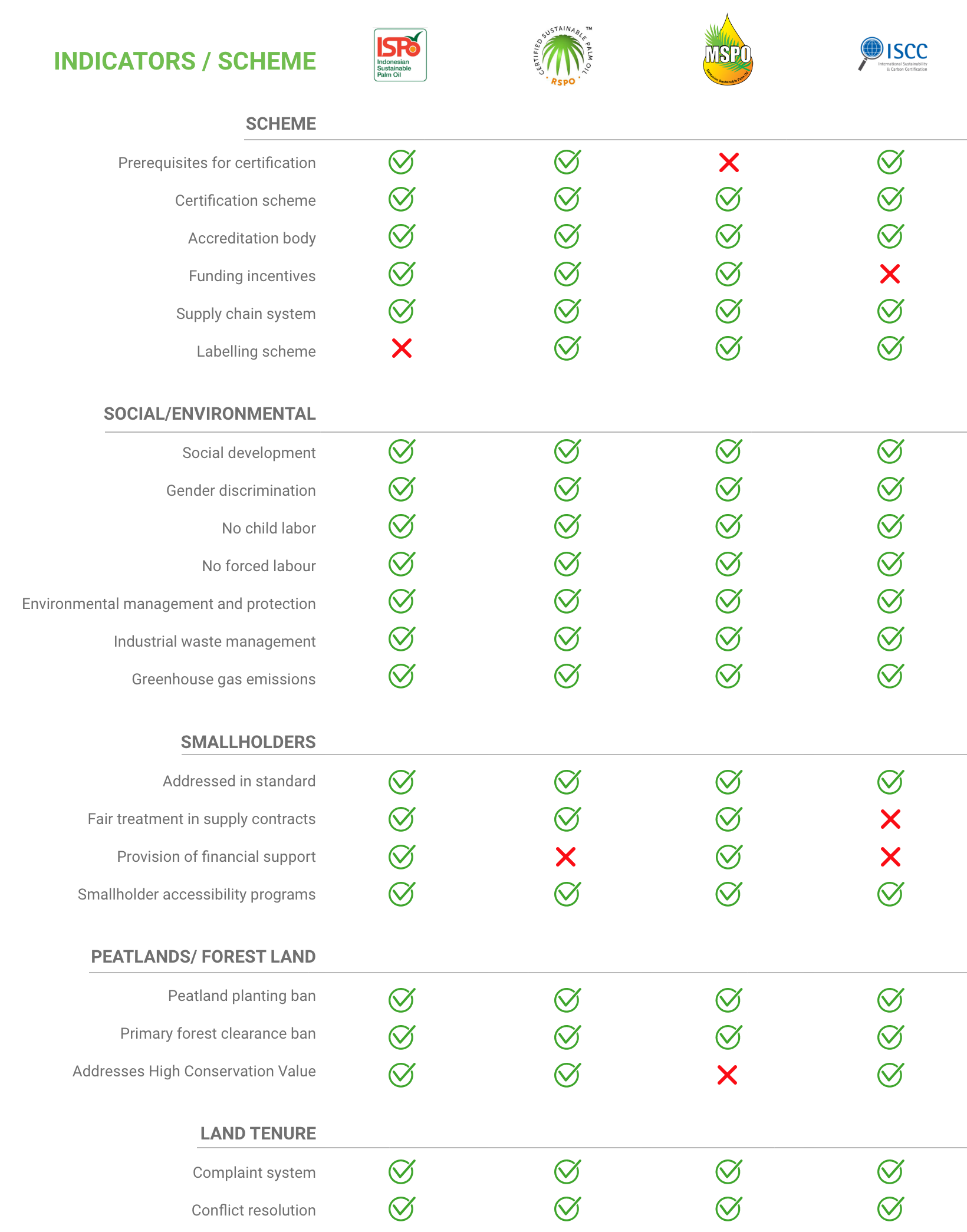
CERTIFYING INDONESIA’S SMALLHOLDERS
ISPO is the world’s first sustainability standard to meaningfully include smallholders.
It provides a voluntary pathway for Indonesia’s 2.6 million smallholders to become certified according to a national standard that is robust and part of Indonesia’s broader approach to sustainable development.
The Government of Indonesia is providing financial support mechanisms for smallholders to become ISPO certified.
